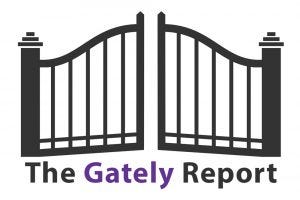Organizations are struggling to protect operational technology and are getting breached as a result.

With cyberattacks increasing in frequency and severity, demand for cyber insurance coverage is skyrocketing with businesses hoping to minimize losses from attacks.
 According to Fitch Ratings, cyber insurance is the fastest-growing product segment in the U.S. property/casualty (P/C) insurance market, driven by a sharp increase in cyber incidents, particularly ransomware, that led to higher claim counts and loss severity over the past two years.
According to Fitch Ratings, cyber insurance is the fastest-growing product segment in the U.S. property/casualty (P/C) insurance market, driven by a sharp increase in cyber incidents, particularly ransomware, that led to higher claim counts and loss severity over the past two years.
Cyber insurance generally covers a business’ liability for a data breach involving sensitive customer information, such as Social Security numbers, credit card numbers, account numbers, driver’s license numbers and health records. However, it can be a challenge to get coverage and premiums are rising.
In this week’s Gately Report, we cover all things cyber insurance with Jon Siegler, LogicGate’s co-founder and chief product officer. LogicGate helps ensure organizations have all of the security controls needed to obtain cyber insurance.
Cyber Insurance Coverage Not Just for Tech Companies
Channel Futures: Who needs cyber insurance coverage?

LogicGate’s Jon Siegler
Jon Siegler: Well, I think just about every company these days is a technology company to some degree. And you’re storing sensitive information and oftentimes personally identifiable information, which particularly in the United States there’s now a myriad of laws on the books from different states that expose companies to risk whenever there is a data breach. Obviously the companies that it’s most important for are typically technology companies because you’re often dealing with a lot of information and a lot of data that you’re storing, particularly of the personal variety, as well as sensitive information.
Even if you don’t think of yourself as a technology company, you probably have personal information and sensitive customer information that you’re storing in one place or the other, even if it’s just through your email. Let’s say you email something to the wrong customer. That’s still technically a data breach and every company uses email today. So I think that puts it in perspective for a lot of companies.
Scroll through out slideshow above for more on cyber insurance and more cybersecurity news.
Want to contact the author directly about this story? Have ideas for a follow-up article? Email Edward Gately or connect with him on LinkedIn. |
About the Author(s)
You May Also Like


